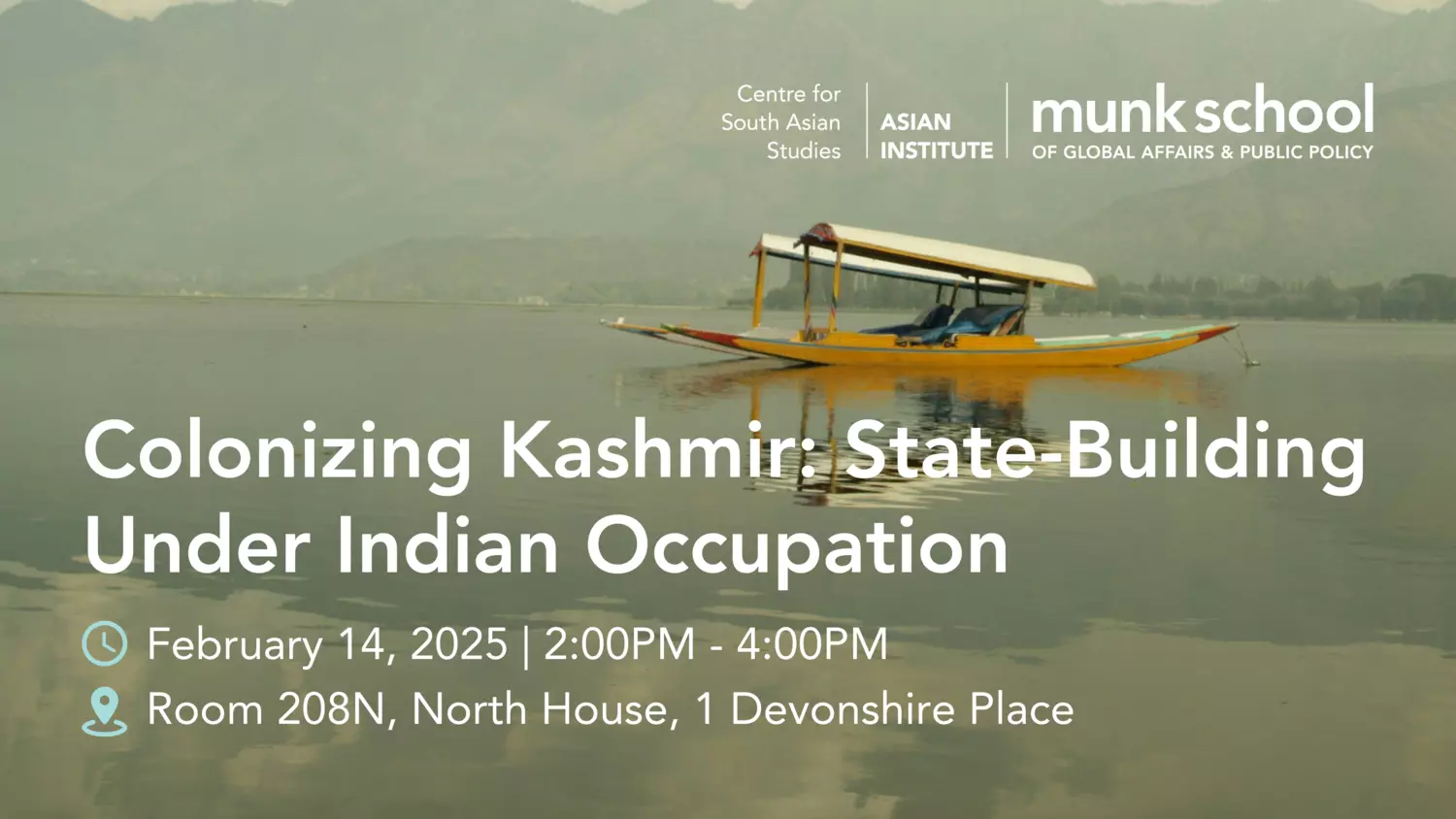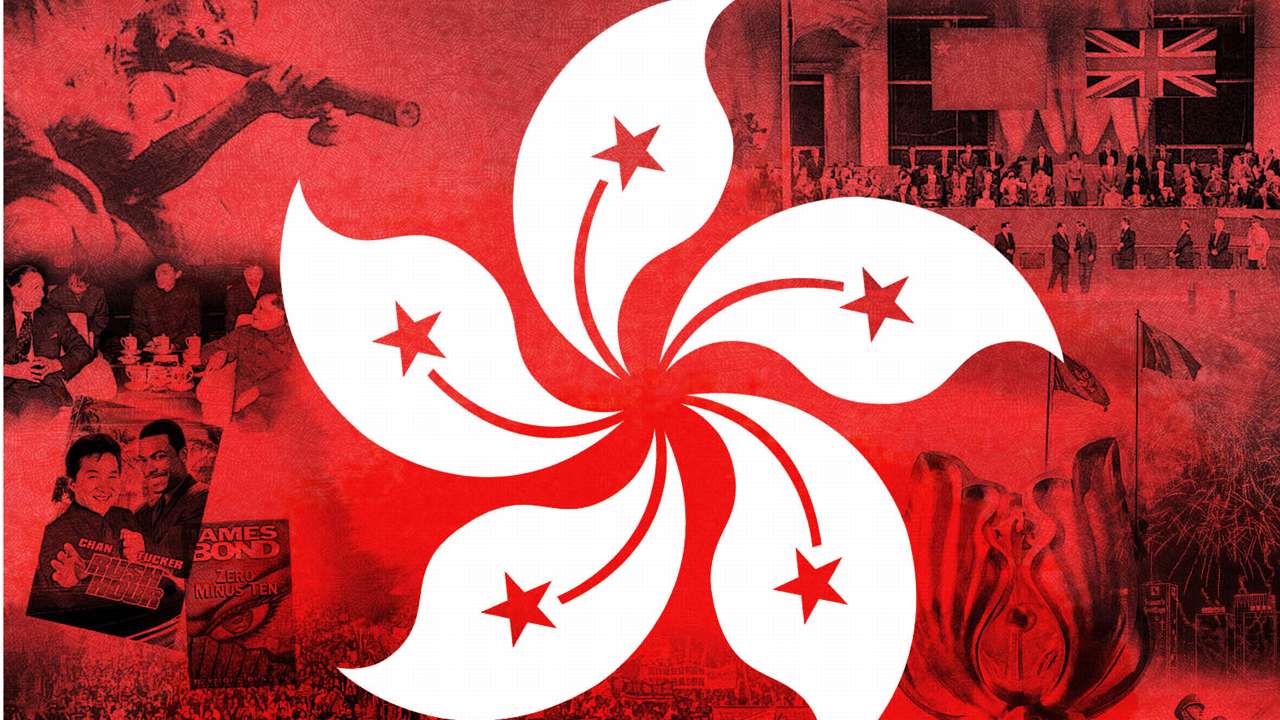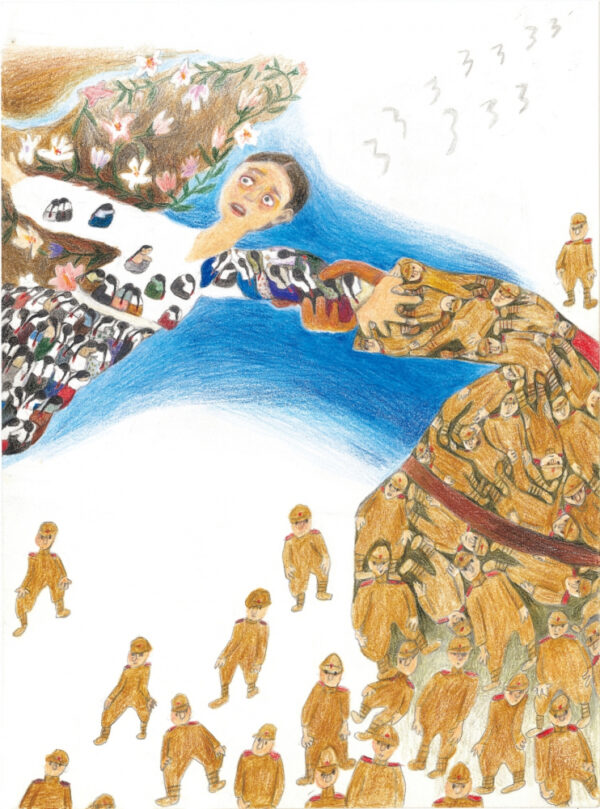On February 14, 2025, the Munk School of Global Affairs and Foreign Policy hosted a discussion on Dr. Hafsa Kanjwal’s book Colonizing Kashmir: State-Building Under Indian Occupation, sponsored by the Asian Institute’s Center for South Asian Studies and Centre for Critical South Asian Humanities. The speakers included Dr. Hafsa Kanjwal and the chair – Francis Cody. Dr. Kanjwal is an Associate Professor of South Asian History at Lafayette College in Eaton, Pennsylvania. As a modern Kashmir historian, she authored Colonizing Kashmir: State-Building Under Indian Occupation. Esmat Elhalaby is an affiliate of the Centre for South Asian Studies at the Asian Institute and Assistant Professor of Transnational History at the Department of Historical and Cultural Studies. He works principally on the intellectual history of West and South Asia.
Before a summary and discussion of the book began, Kanjwal led a brief abstract on her deliberation while writing it. She explored how the text was based on years of research and dialogue with Kashmiri residents on the conditions of Indian occupation between the 1950s and 1980s. Her motivation behind publishing the book was to open dialogue in academia and politics on rethinking colonization by colonized people, understand the intricate sociopolitical dynamics in the Global South, and deliberate on nation-states’ impacts overarchingly.
To set the stage for her main arguments, Kanjwal began the discussion with a history lesson on the beginnings of the Indian occupation of Kashmir. She explained how the United Nations ordained a plebiscite to resolve the issue following the partition. However, forces from both Pakistan and India were unrelenting in removing their troops from the occupied territories, and a plebiscite has not occurred since. To strengthen its influence in Kashmir, the Indian government staged a coup to bring Bakshi Ghulam Mohammed to power. It is for the state-building measures undertaken during Bakshi’s tenure that Kanjwal’s scope of the solidification of Indian occupation is set.
Accession of Kashmir came under the agreement of Article 370, which authorized Jammu and Kashmir to have a supposed autonomy under the ontological themes of the politics of life and the secular framework of India. She highlighted that these two notions would birth a sociological and economic connection between Kashmir and India. Wherein India’s development projects under Bakshi would lead to a normalization of Kashmir’s position as an “integral part of India.” To legitimize the relationship on an international scale, she added that the Soviet visit to Kashmir would begin to domesticize the international human rights elements of the conflict. In conversation with a Kashmiri, she noted their mention of how they had been promised food and payment to crowd streets to legitimize the Soviet belief that all was “normal” in Kashmir.
Addressing the first theme of the politics of life, she introduced the role of Bakshi as a social connector between Kashmiris and India by managing sentiments, consolidating Indian financial support, and politically suppressing dissent. His connection with Nehru would be instrumental in binding Kashmiris to India through development projects and promises of prosperity. Although, the lack of education in Kashmir would boost corruption in the region under the Bakshi government. One significant case she mentioned was of rice politics: Bakshi-led rice subsidies were fueled by concessions by the Indian government under his threats that he could leverage the geographic and political instability in the region. In the end, the fear of continual violence by the Nehru government would obscure the delamination of empowerment and colonization while also obtaining fiscal legitimacy for India’s occupation of Kashmir.
Moving to the second point of secularism, she surmised that India propagated the idea that Kashmiris joined willingly under the notion of a secular state. This notion would be instrumental in not only legitimizing Indian control of Kashmir but also cementing the idea of secularism as a binding project in the nation. Secularism would see itself cementing the India-Kashmir connection through media and tourism. Providing an amusing anecdote, Kanjwal opined how the Bollywood industry was a crucial step in expanding Indians’ view of Kashmir from a violent region to an “abode of heaven.” Adding to the secular nature of the occupation was the tourism expansion by the government; the most profound way was through religious tourism of Kashmir as an instrumental area of Hindu history. Despite these measures, she posed that Kashmiri movements would remain and India removed Bakshi from power to replace him with yet another pliant client regime.
Concluding the discussion on the mechanisms of Indian occupation of Kashmir, Kanjwal addressed that revoking Article 370 was another step into amassing dissent in Kashmir against the erasure of Kashmiri nationalism for Hindu nationalism. She states that these measures were ways for India to exercise its power in opposition to the normalization of Kashmir as an Indian region.
Melting into the question sessions, she answered several questions on how her discussion of Kashmir was a step in opening dialogue about state-building in the supposed Third World, and how the idea of a nation-state has taken a conflicting outlook through the selective legitimization of states. At the same time, she proposed that the international understanding of the need for a nation-state had undergone more nuance with the inclusion of non-Western theories of state-building. Supporting her proposal, she also responded that the characterization of Pakistan as a colonizer of Kashmir is also something that requires further deliberation, given its stark contrast to India on governance and its position as a non-secular nation-state.
As the chatter grew distant and the meeting ended, one thought loomed over the participants— it is necessary to challenge and infuse traditional ideas of state formation with human rights and more nuanced perspectives to protect identity.
Ankur Phadke is a second-year undergraduate student pursuing a major in International Relations and Public Policy, and a minor in Political Science. His research interests center on incorporating political theory, political actions, and human behavior to explain diplomatic relations and socioeconomic development in South Asia.








